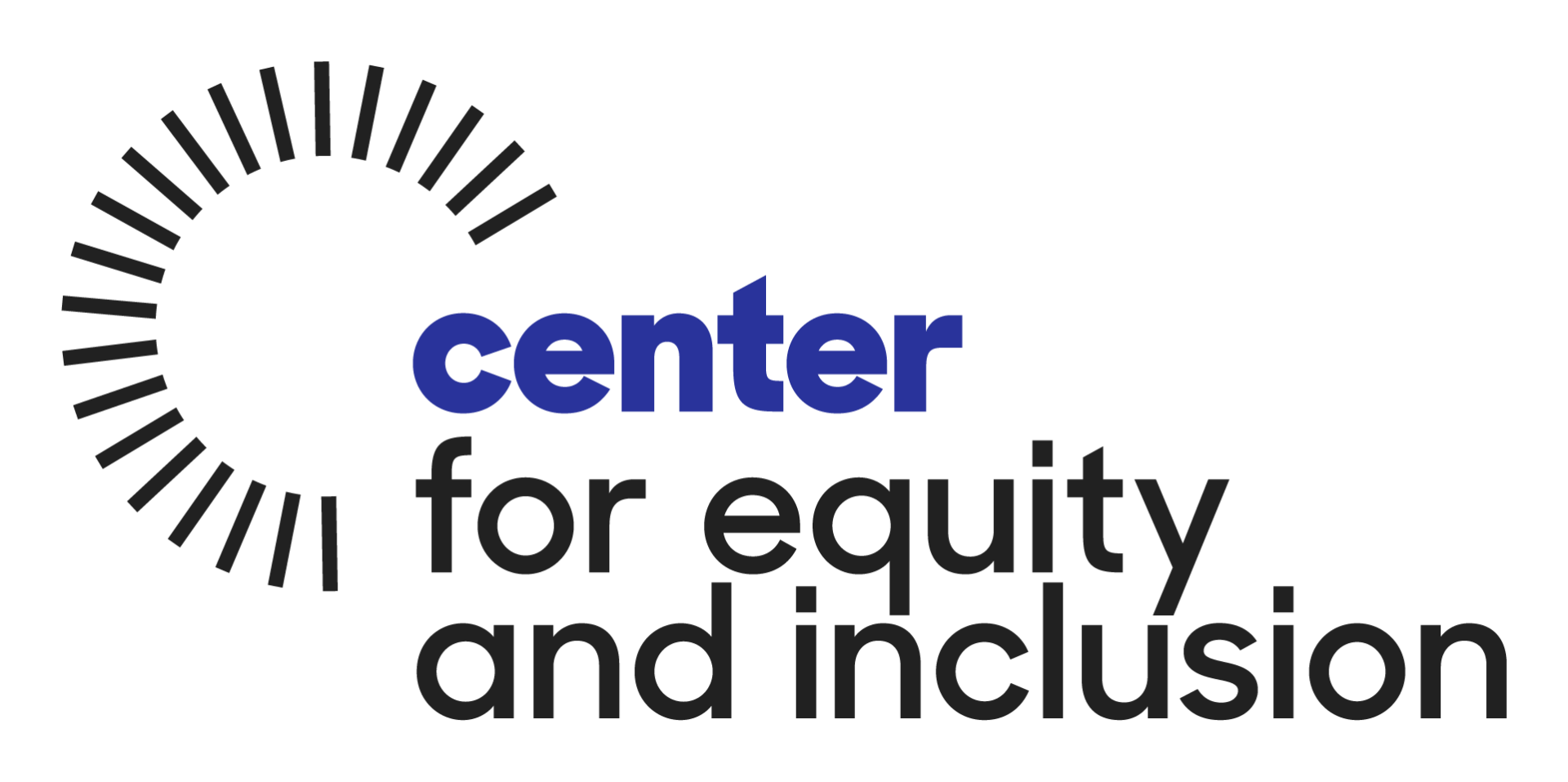By Dr. Kevin Wright
The Intersection of Leadership and Diversity, Equity, and Inclusion: A Pathway to Transformational Change through DEI Leadership Training
In today’s rapidly evolving global landscape, leadership and diversity, equity, and inclusion (DEI) have emerged as intertwined concepts that are critical to organizational success. Leaders across sectors are increasingly tasked with fostering environments that are not only inclusive and diverse but also equitable. This is why DEI leadership training is such an important education for your organization. Leadership aligned with DEI principles can transform organizations into more innovative, resilient, and socially responsible entities.
Understanding the Importance of Leadership in DEI
At its core, leadership is about setting direction, motivating people, and driving results. However, in the context of DEI and DEI leadership training, it expands to include the responsibility of creating cultures where every individual feels valued, seen, and respected, regardless of their background. This means that leadership is not just about the technical and operational aspects of guiding teams but also about developing a vision that places diversity, equity, and inclusion at the forefront.
Historically, leadership was often viewed as a top-down function where authority and power resided with a few, typically white men. However, this traditional model has failed to address systemic inequalities and organizational power imbalances. To remedy this, contemporary leadership theories, such as servant leadership, transformational leadership, and inclusive leadership, advocate for leaders who prioritize the well-being and development of their team members, especially those from marginalized communities.
The Business Case for DEI Leadership Training
Research consistently shows that diverse and inclusive teams outperform homogeneous ones. A
2020 study by McKinsey & Company found that organizations in the top quartile for gender and ethnic diversity were more likely to outperform their peers in profitability by 25%. Furthermore, companies that foster inclusive environments benefit from higher employee engagement, increased innovation, and better decision-making.
Leaders who integrate DEI principles into their leadership approach are better equipped to attract and retain top talent. As the workforce becomes increasingly diverse, employees seek workplaces that tolerate and actively celebrate diversity. A leader who champions DEI creates an environment where everyone, regardless of race, gender, disability status, or other identity markers, can thrive.
Moreover, a DEI-focused leadership approach helps mitigate risks associated with inequity, such as discrimination lawsuits, reputational damage, and a disengaged workforce. By addressing disparities head-on, leaders ensure that their organizations comply with legal standards and are ethical and just in their practices.
Transformational Leadership in the DEI Space
Leadership that drives DEI is, by nature, transformational. Transformational leaders are known for their ability to inspire and challenge their teams to exceed expectations. They build trust and empower individuals to contribute to the collective vision of the organization. In the DEI space, transformational leadership takes on a new dimension—leaders must be able to recognize and challenge systemic barriers that prevent equity and inclusion from being realized.
A transformational leader committed to DEI listens to marginalized employees' voices, acknowledges existing inequities, and implements structural changes to promote fairness. They are not afraid to confront uncomfortable truths, such as unconscious bias, privilege, and institutional racism, within their organizations. By addressing these issues, transformational leaders help create spaces where diversity is not merely tolerated but is seen as a strength.
The Role of Accountability in DEI Leadership
Accountability is a key element of effective DEI leadership. Leaders must be held accountable for both their successes and shortcomings in creating inclusive workplaces. This involves setting measurable DEI goals, regularly assessing progress, and being transparent about challenges and failures.
One way to institutionalize accountability is by tying DEI outcomes to leadership performance reviews and compensation. When leaders are rewarded for their efforts in fostering diversity and inclusion, it signals to the entire organization that DEI is not a “nice-to-have” but a critical business imperative.
Furthermore, accountability in DEI also means empowering others within the organization to take ownership of these goals. Inclusive leadership is about sharing power and decision-making authority, creating a culture where everyone feels responsible for advancing DEI.
DEI Leadership Training as a Catalyst for Systemic Change
Leaders are in a unique position to influence and shape the culture of their organizations. When they lead with a DEI lens, they can spark systemic changes that extend beyond their individual spheres of influence. This requires courage, vision, and a commitment to justice. Leaders can create lasting, transformational change by leveraging their power to dismantle systems of oppression and build equitable structures.
The intersection of leadership and DEI is not just a strategic advantage but a moral imperative in today’s diverse and interconnected world. Leaders who embrace DEI as central to their leadership philosophy are fostering inclusive workplaces and contributing to the broader movement for social justice. Through visionary leadership that prioritizes equity, organizations can be places where everyone, regardless of their background, has the opportunity to succeed.
We are pleased to offer
DEI workshops for your organization including DEI Leadership training. Please see our workshops page and reach out to us about how we can help train your leaders.
contact us
We will get back to you as soon as possible.
Please try again later.
All Rights Reserved - Center for Equity and Inclusion
Center for Equity and Inclusion : 1801 NE Alberta St, Portland, OR 97211, USA | Phone : 503 451 3003



